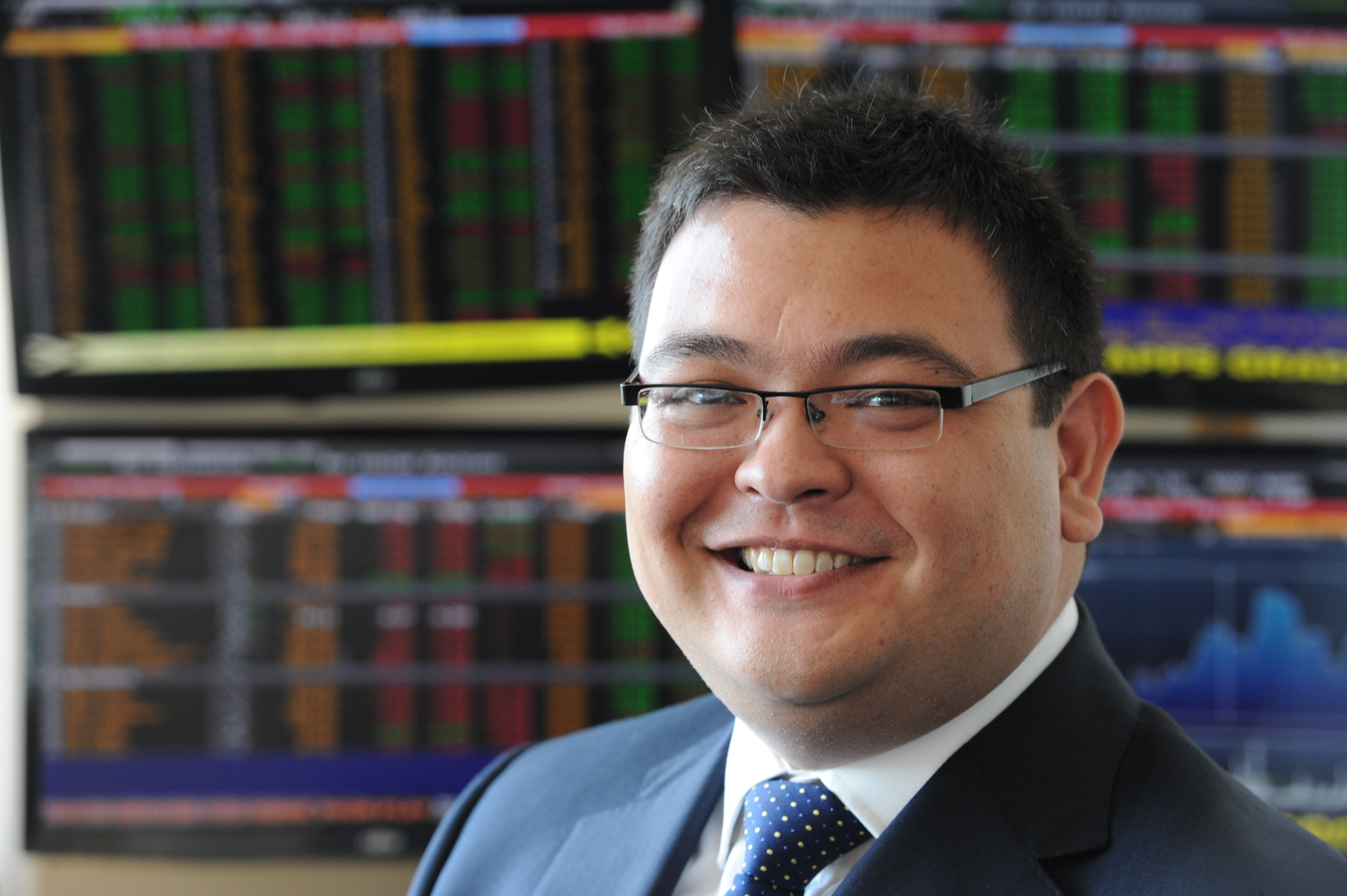Blog
BLOG: Cash is no longer king when inflation rules

Yesterday’s news that the rate of inflation had increased to 2.9% was yet another blow to savers, writes James Swaby at Attivo.
Interest rates have been at an historic low of 0.5% for over four years, with inflation quietly eroding the purchasing value of deposit account savings.
If people continue to sit on their hands then someday they’ll get a nasty shock when they realise how much value has been drained away in real terms, by which time it could be too late to rectify.
I think it’s an important period now, for all investors to take time to reflect on what they require from their savings and investments, which have usually taken years to accumulate.
They also need to consider the benefits of adding shares or bonds of companies who receive their revenues internationally not just from the UK; that doesn’t necessarily mean looking for companies no one has heard of listed on exotic stock exchanges, some of the best run international companies are based right here on our doorstep in the UK.
Investors must adopt a global perspective to maximise the returns on their portfolio.
Living and working abroad, especially in the fast-growing economies referred to as the Asian Tigers, was obviously very useful in terms of gaining knowledge and contacts, but it also gave me a different perspective about the investment landscape and culture.
The UK media seems to revel in writing about bad news, so during a lengthy period of economic stagnation, especially coupled with volatility on the equity markets, it’s easy for even experienced investors here to adopt a cautious mindset.
They’ve seen so many negative headlines, they worry about what might happen to their portfolio and so instead of looking for buying opportunities to achieve sensible and sustainable levels of growth or income, they just stockpile their cash and tell themselves their money is safe.
Here are three points of basic guidance to all investors, regardless of their age, or the size of their portfolio:
• Don’t put all your eggs in one basket, spread your risk by including different assets such as bonds and shares.
• Include exposure to developed markets overseas such as the US and emerging markets like Asia and Latin America.
• Reinvesting dividends forms a strong part of your overall return. For example, if you invested £10,000 ten years ago in the FTSE 100, the UK’s leading index of shares, and spent the dividends, your money would have grown to just under £15,000. But had you reinvested those dividends your money would have grown to £22,700.
It is important to bear in mind that the capital would have fluctuated considerably in that time and so would the income but it is not such a bad result considering half of that period includes the worst financial crisis since the Great Depression of the 1930’s.
After those basic steps, the fine detail in your portfolio will usually relate to your age, your objectives and your attitude to risk.
For example, only someone willing to take the highest level of risk would go 100% into shares, whereas someone approaching retirement and who wanted to reduce their overall risk might put 50% to 60% of their investment into fixed interest securities, such as investment grade corporate bonds, with the remainder going into larger companies in developed markets, with strong dividends and some growth potential.
However, if you were in your late-20s or early 30s, weren’t risk-averse and were already making pension contributions, then investing monthly into a global growth portfolio, sheltered inside an ISA could be a shrewd move in the longer term. Making regular payments would help to even out the highs and the lows of the market.
The most important things for investors are to firstly seek financial advice from a suitably qualified investment adviser, be comfortable with the level of risk they are taking and to remember that investing in anything other than cash should be viewed as long term.
Lastly they should remember that non-cash investments can go down in value as well up and so can any income generated from them. I
think most people these days realise that there is no such thing as “no risk”, but it is important to balance out potential returns with potential risk, after all past performance is no guide to the future.
Burying your head in the sand, however, and doing nothing could cost you dearly in the long run.
James Swaby is an investment Manager at Attivo Group